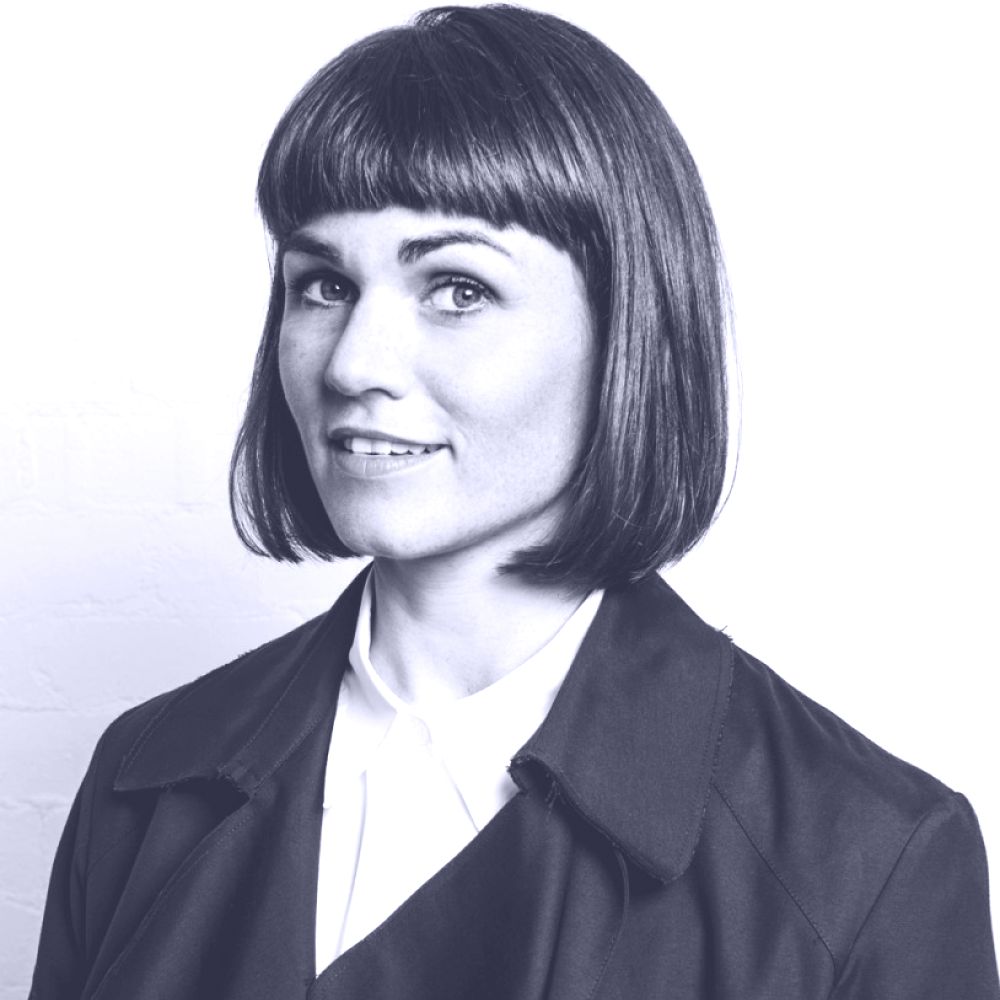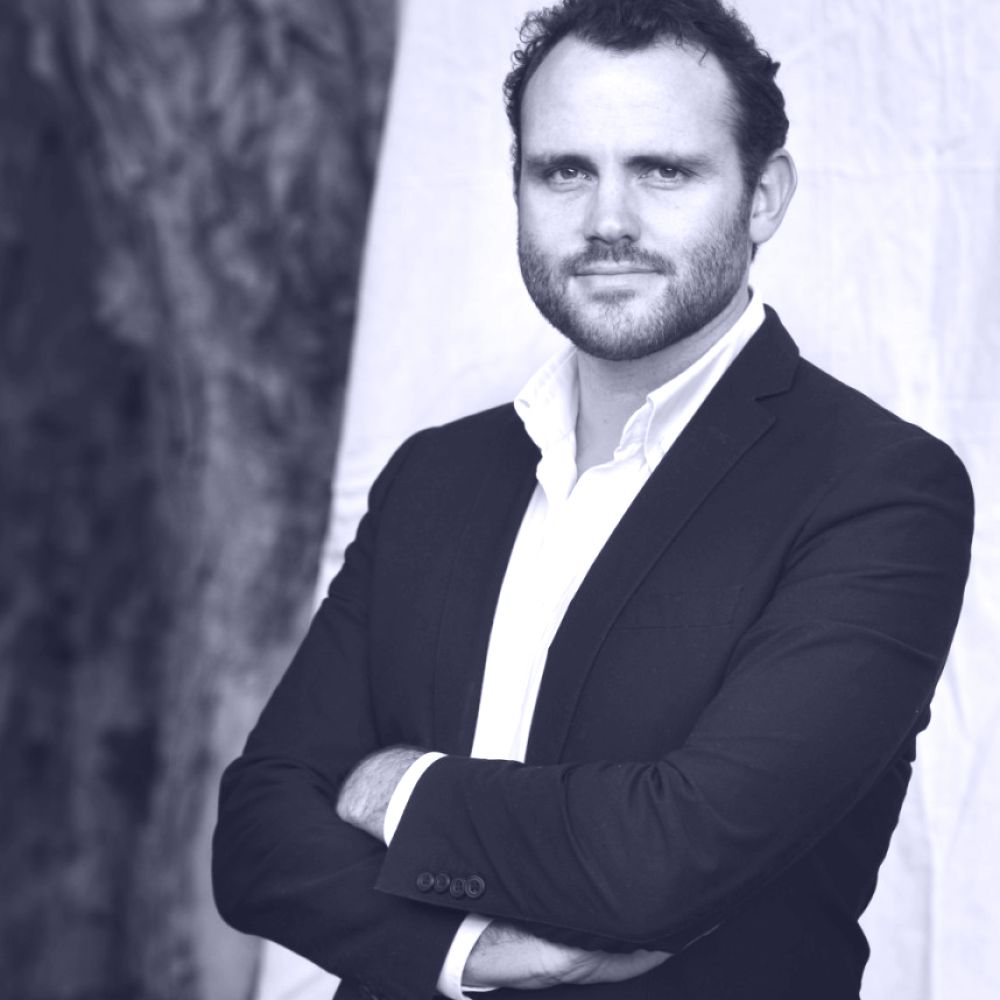Details.
When
Friday 27 November – Sunday 17 January 2021
5.00pm (AEDT)
Where
Design Speaks Virtual Portal
Virtual Event
Tickets
Tickets sales for this program are now closed. Sessions will be accessible until 5 pm AEDT 11 January 2021.
Program Info
The Architecture Symposium: Housing Futures presents a curated selection of contemporary Australian architects whose projects respond creatively to the spectrum of housing challenges and opportunities. We have, as a profession, an opportunity to step confidently from turbulent times into a future where we take the lead on the transformation of the urban, suburban and regional residential environment. The Architecture Symposium will highlight projects that are already doing so, opening directions for the profession and stimulating new ways of living. Financing, procurement models, housing typologies, sustainability and cost-effective strategies will be considered, all delivered to a benchmark of exceptional architectural quality. The presentations will provide a concise survey of current projects, viewed through four lenses: alternative housing models, the integration of social agendas, emerging directions in market-based housing and compact housing.
Partners
Major partner
Earn CPD Points
Download CPD Questions and Learning Outcomes
Download CPD Questions and Learning OutcomesContacts
Heather Cotton
Project Manager, Awards and Events Header Image Davison Collaborative by Archier with Hip V Hype. Photography: Tess Kelly.Program.
-
Alternative Housing Models
In a context of necessarily increasing density, alternative housing models serve to introduce flexibility and diversity into the multiresidential sector, exemplified by collaborative development models such as Nightingale and Baugruppen, and by emerging build-to-rent schemes. In this session we will explore these new models and the architectural strategies that accompany them, while considering their current status and how they are likely to evolve. -
2.20 pm
Welcome
Log in to the Design Speaks Virtual Portal -
2.30 pm
Nightingale Village
Clare Cousins, Clare Cousins Architects -
2.45 pm
Illawarra Road Co-Housing
Adam Haddow, SJB -
3.00 pm
Davison Collaborative
Chris Gilbert, Archier and Liam Wallis, Hip V. Hype -
3.15 pm
Habilis
Huw Turner and Penny Collins, Collins and Turner -
3.30 pm
Dissection
A panel discussion with Clare Cousins, Adam Haddow, Chris Gilbert, Liam Wallis and Penny Collins.
Panel chairs: Andrew Burns and Hannah Tribe -
4.30 pm
Session 2 concludes
Return to the Design Speaks home page to see the full program
Keynote Addresses.
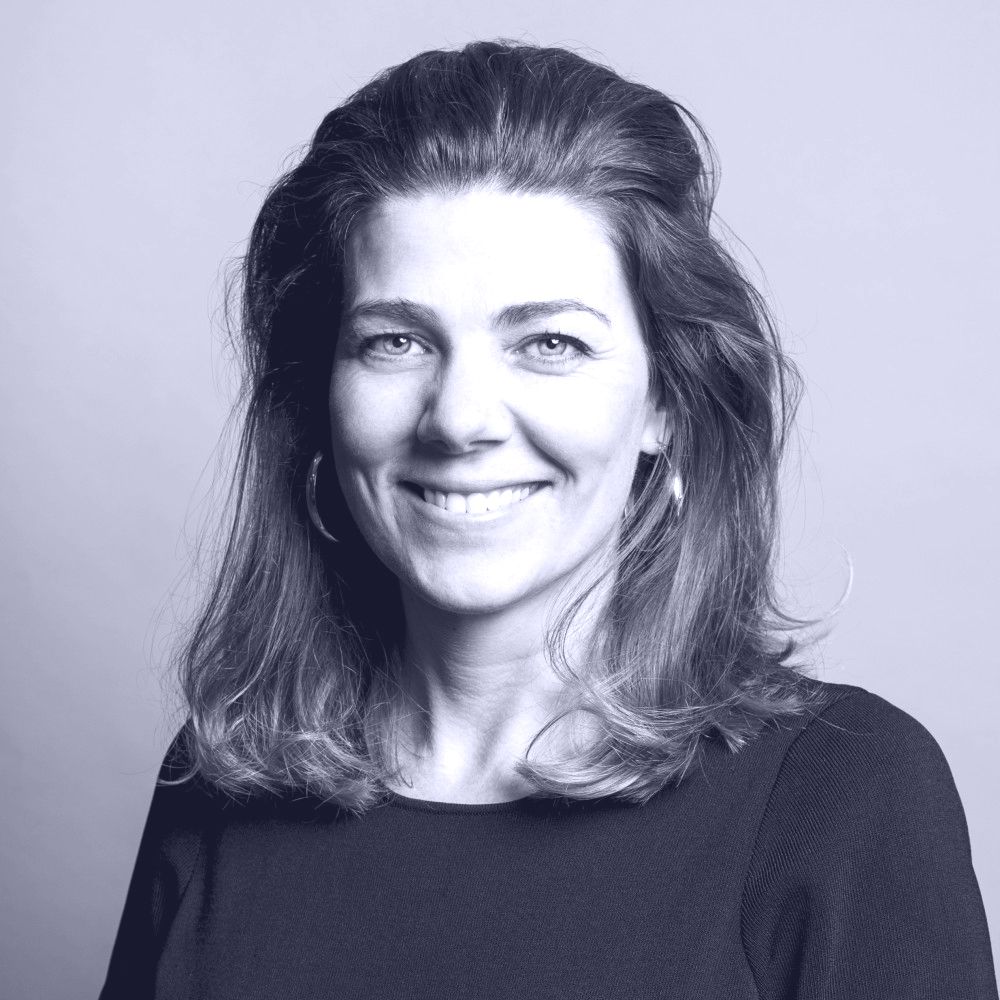
Nightingale Village
Presented by
Clare Cousins, Director, Clare Cousins Architects
Nightingale Housing is a social enterprise delivering carbon-neutral homes for zero profit using impact investment.
Located in a former light industrial area of Melbourne, the Nightingale Village is a collection of six neighbouring multiresidential buildings designed by six award-winning architects. Conceived of by Nightingale Housing as an urban village that is powered without fossil fuels and is free of cars, this project is exceptional for the Australian context, which is dominated by car travel, speculative development and urban sprawl.
The complex team of multiple architectural practices and numerous consultants is cooperating to include shared infrastructure across all buildings, and is collaborating with community housing providers to deliver 20% affordable and specialist disability units. Apartments are designed for a genuinely diverse group of Australians and residents are brought together regularly throughout construction, so that a strong community can form. Sustainability is iterated through design, thermal efficiency and behavioural levers, leading to healthier public spaces and lifestyles.
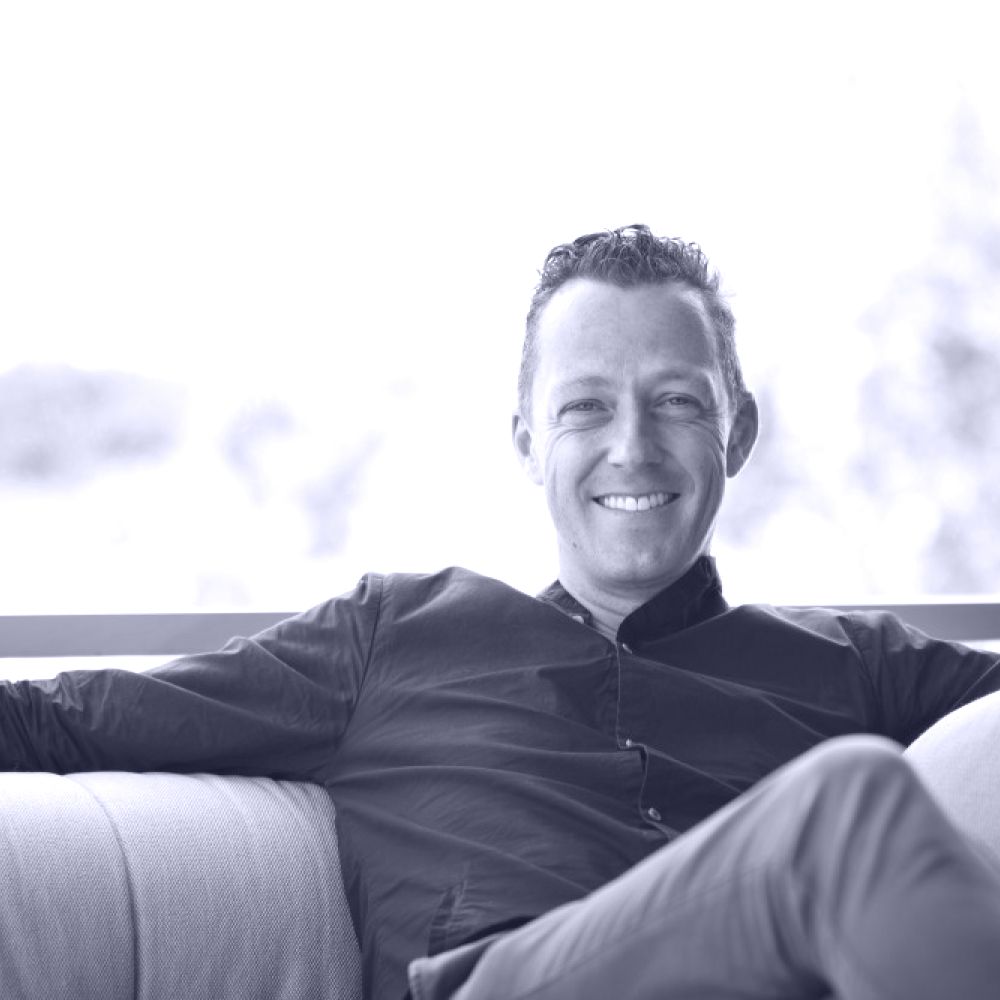
Illawara Road Co-Housing
Presented by
Adam Haddow, Director, SJB
The first New South Wales project to utilize the Nightingale model is in Sydney’s inner west. 389 Illawarra Road in Marrickville is a proposed mixed-use affordable rental co-housing scheme designed to maximize social and community benefit. Comprising two retail tenancies, fifty-five boarding rooms and four dwellings with associated parking and landscaping, the development looks to create a new precedent for environmentally and socially sustainable development in the area. Featuring compact, high-amenity dwellings and located on the site owned by the Church of Christ (Fresh Hope), the scheme will deliver much-needed housing diversity and social services for low and moderate income earners, including students and key workers. Social interaction is encouraged with a communal living space wrapping the building. The rooftop provides opportunities for landscaped open space while terraces offer personal planters or small gardens to dwellings wherever possible. The building envelope responds to the future character of the Marrickville town centre in scale and character and will integrate cohesively with the surrounding neighbourhood.


Davison Collaborative
Presented by
Chris Gilbert, Director, Archier
Liam Wallis, Founder and Managing Director, Hip V. Hype
The Davison Collaborative is a three-townhouse project in Melbourne's Brunswick designed in collaboration with Archier. This project is a case study on sustainable density, transforming one post-war suburban block into three, 150 m² fossil fuel free, 100% electric homes for the next generation.
Using passive design principles, a Structurally Insulated Panel System (SIPS), solar panels, battery technology, electric heat pumps for hot water and hydronic heating, Davison Collaborative is able to achieve an 8+ star energy rating. Recycled brick, timber elements and planting are used in the facade to create rhythm and to humanise the built form.
The project was delivered in accordance with the principles of the deliberative development model known as Collaborative Development by Hip V. Hype. The model allows for collaborators to come together to create better quality, more sustainable and more financially accessible townhouse style homes in inner urban locations where property prices are increasingly forcing people out of the market.
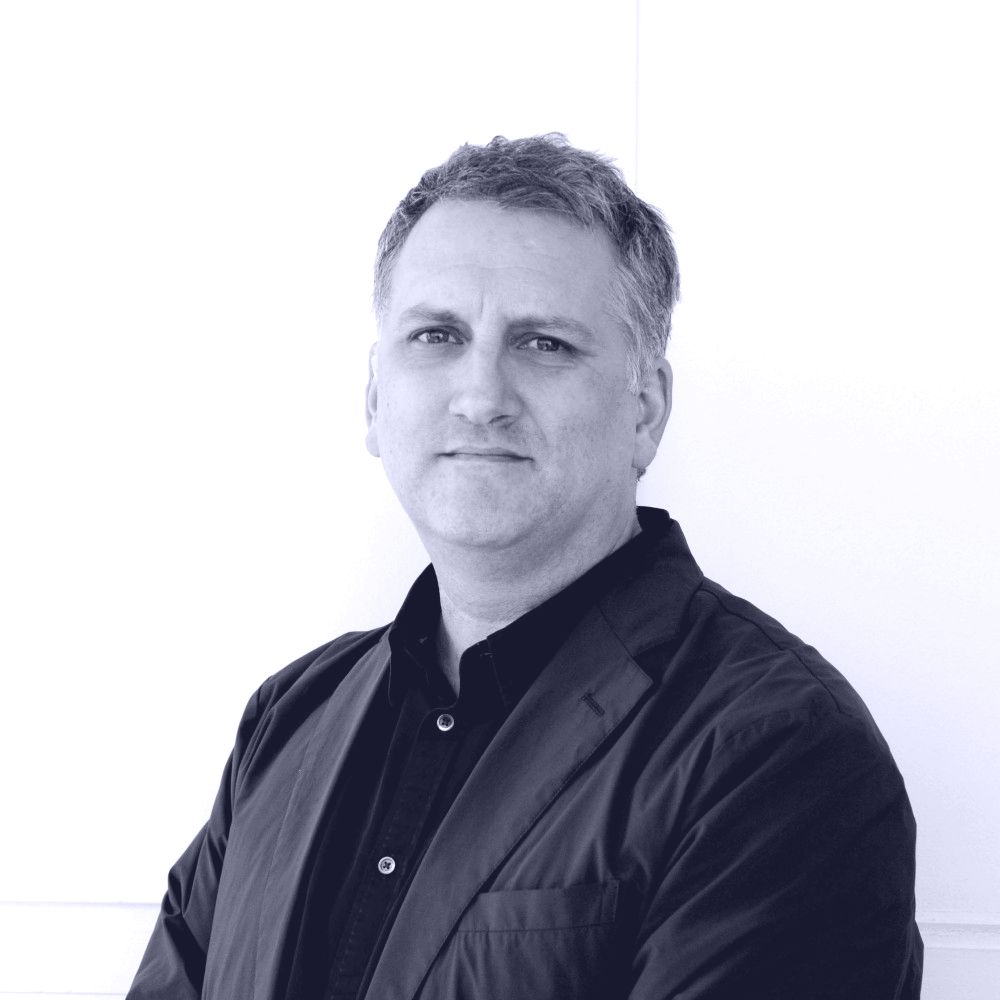
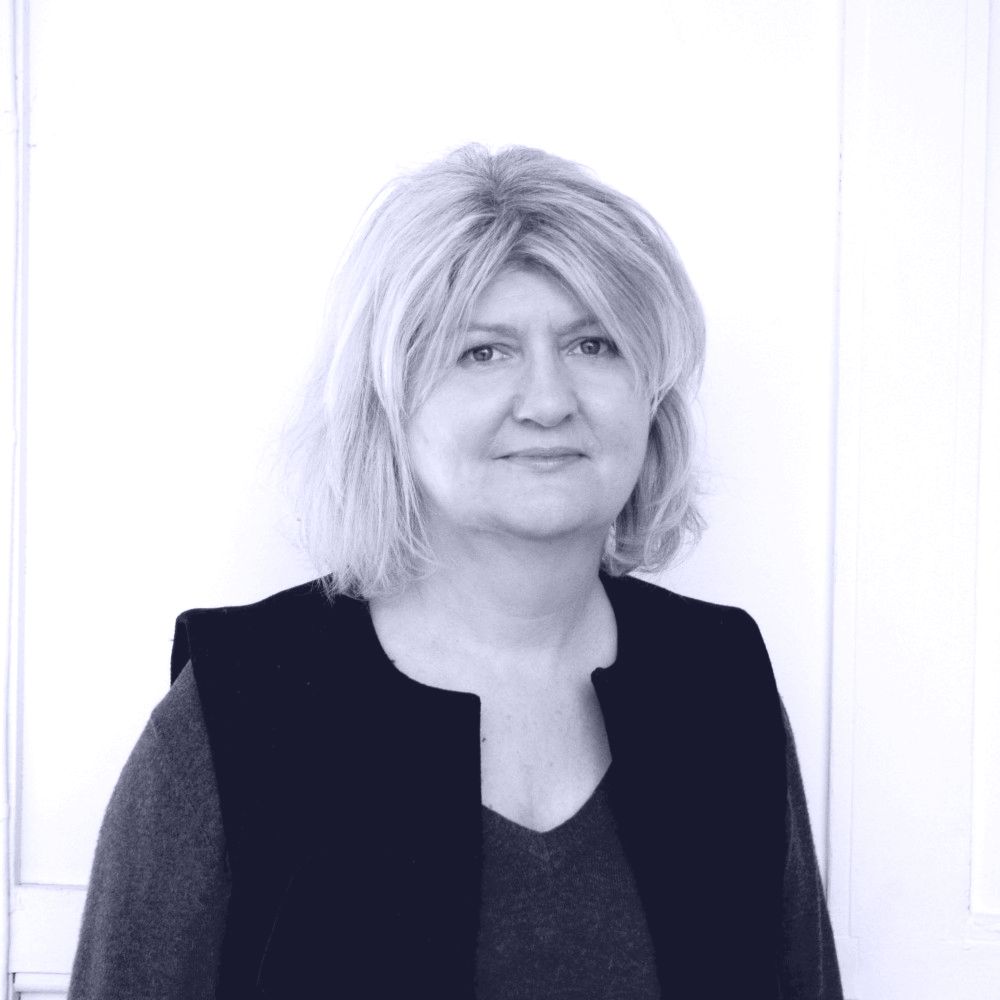
Habilis
Presented by
Huw Turner, Principal, Collins and Turner
Penny Collins, Principal, Collins and Turner
Habilis is a Sydney-based organization formed to build and run accomodation for the homeless mentally ill. Groups of individual studio style apartments provide physical security, access to support services, and the opportunity to learn to live independently, with the aim of overcoming the barriers to accommodation experienced by many people facing chronic homelessness.
The first site in a series of planned projects is housed in a former furniture factory on Parramatta Road in Summer Hill. The project will be the realization of the first example in New South Wales of a housing model based on successful service precedents in Finland, Italy and Victoria. The development incorporates twenty units to create an efficient but manageable cluster, with a caretaker unit, an office, a laundry, common areas and gardens for community activity.
Habilis aims to create a sustainable solution by aligning the interests of the homeless, all parties involved in their welfare, and investors.
Curators.
Hannah Tribe
Principal, Tribe Studio Architects
Hannah Tribe is the principal of Tribe Studio Architects, a practice recognized for design excellence in its built and conceptual work in residential and urban design, education, installation and interiors. Tribe Studio Architects currently has a team of 15 architects working on projects in Australia and internationally.
Hannah has taught at the University of Sydney, the University of Technology Sydney and the University of New South Wales. She has tutored in design and lectured in both design and design communications. She is has sat on the New South Wales Chapter Council of the Australian Institute of Architects. She has been an invited juror on awards panels, including the Australian Institute of Architects Awards, the IDEA Awards and the 2020 Houses Awards.
Andrew Burns
Principal, Andrew Burns Architecture
Andrew Burns graduated from the University of Sydney in 2004, establishing his practice Andrew Burns Architecture in late 2007. The practice’s approach seeks to combine social engagement with design excellence, and is characterized by precise geometry and material exploration.
Undertaking projects Australia-wide, the practice has broadened from a base of small cultural and domestic commissions to undertake multiresidential, public, educational and hospitality projects, often in landscape-based settings.
Andrew is currently completing a design-based PhD at Monash University, exploring the potential of systematic concept generation.
Hannah Tribe
Principal, Tribe Studio Architects
Hannah Tribe is the principal of Tribe Studio Architects, a practice recognized for design excellence in its built and conceptual work in residential and urban design, education, installation and interiors. Tribe Studio Architects currently has a team of 15 architects working on projects in Australia and internationally.
Hannah has taught at the University of Sydney, the University of Technology Sydney and the University of New South Wales. She has tutored in design and lectured in both design and design communications. She is has sat on the New South Wales Chapter Council of the Australian Institute of Architects. She has been an invited juror on awards panels, including the Australian Institute of Architects Awards, the IDEA Awards and the 2020 Houses Awards.
Andrew Burns
Principal, Andrew Burns Architecture
Andrew Burns graduated from the University of Sydney in 2004, establishing his practice Andrew Burns Architecture in late 2007. The practice’s approach seeks to combine social engagement with design excellence, and is characterized by precise geometry and material exploration.
Undertaking projects Australia-wide, the practice has broadened from a base of small cultural and domestic commissions to undertake multiresidential, public, educational and hospitality projects, often in landscape-based settings.
Andrew is currently completing a design-based PhD at Monash University, exploring the potential of systematic concept generation.


